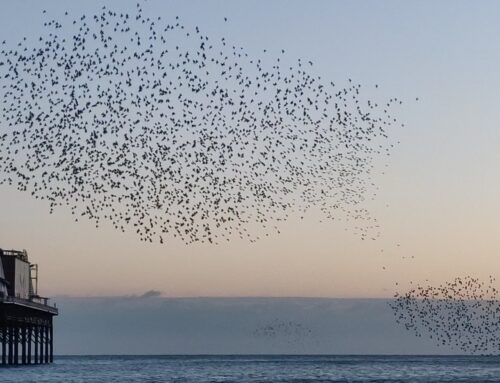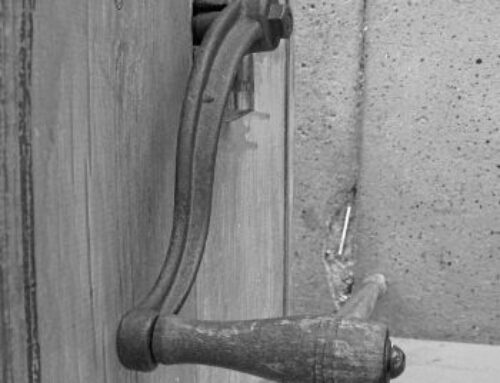When I was a kid I wanted to be a long distance lorry driver. I hadn’t thought about motorways or transport cafés, fatigue, the health impact of sitting down for ages, deadlines, queues at borders etc. My fantasy was about being all by myself, in a snug little cabin, all day. I’m reminded of it now.
I have been noticing how friends and clients have been responding to this voluntary lockdown. Some seem to be glowing with it, secretly (or openly) relishing the prohibition on crowds, travel, social contact. Some don’t – bored, rebellious, irritated and anxious, this situation doesn’t suit them at all.
Lockdown is perfect for introverts like me. I do things, socially, like many of my fellow introverts; I belong to a choir, I go to various classes, I go to parties when I’m invited (usually) and very occasionally throw one; I attend events, gigs, visit people and have people visit me. I make commitments and then I make myself stick to them. Once I’m out – at the party, at choir, at the gig, I enjoy it but I might be the first to leave. I am a sociable introvert who has learned to endure and even enjoy company – but gregariousness doesn’t come naturally and I do pay a price. Hanging out with people is tiring for introverts and although I’ve taught myself to turn the pre-party anxiety tap, if not off, then at least to dripping, I’ll usually be exhausted by the dread of it before I even arrive.
That doesn’t mean I don’t like people or enjoy company. Introversion isn’t the same as misanthropy. I care deeply for individuals and humanity. It means that we recharge on our own, prefer small gatherings and one to one conversations and rarely derive a lot of fun from a crowd.
Susan Cain’s Quiet and her wonderful TED talks, invite introverts to recognise why some parts of life seem so hard. The world is built for extroverts; we celebrate, mourn, network, work, exercise, relax, worship and learn in groups. Choosing to stay in, yet again, on a Friday night on your own isn’t as postable as filling a whole restaurant with friends. That’s why we introverts push ourselves to do this stuff; not because we love it, but because that’s what the world expects, it’s what we have to do to get on. Change this norm, make the expectation staying in on your own or with the people you live with, and the stress disappears from our lives.
Loneliness, as I’ve discovered over this winter, is a state of mind. What I used to love – evenings, days, sometimes weeks alone – became burdensome and worrying when I’d relocated and started to live solo. Except the reality of it was exactly the same. Quiet, thoughtful, autonomous time is my natural bathsoak, but it took me some months to lose the fear and remember how to enjoy it. Self-isolation legitimates aloneness. Were it not for the very real anxiety for our friends and family and wider concern for vulnerable people everywhere, this would be how I’d run the show if I were in charge.
People are talking about the ways in which the world will have, and will have to, change when we emerge from this crisis. The climate, the economy, political and social structures, neighbourhoods, tolerance of uncertainty, creativity, the arts, employment, how we interact, what services are essential (and how we treat them), looking after ourselves while looking after others – so much is being questioned by the current situation. I wonder if, having given the introverts the upper hand for a bit, we might rebalance the assumption that groups are the way to go and loners are weird. Staying in with a book, some knitting, a film, or solitaire could become aspirational; instead of showy-offy statuses about how many you’re catering for at Christmas, telling the world it’s just you could be the braggiest post of all.




